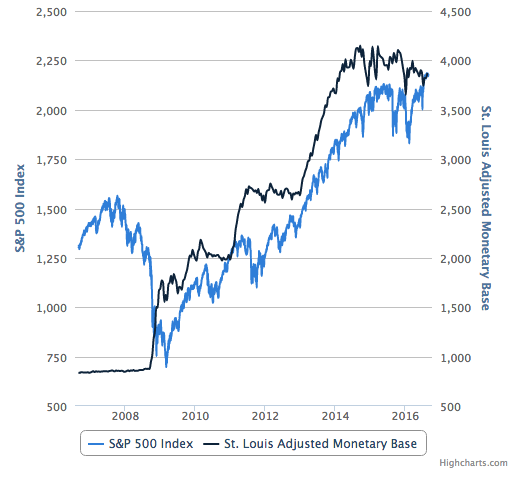
Eric Rosengren, the president of the Federal Reserve Bank of Boston, singlehandedly spooked the financial markets last Friday when he commented that “a reasonable case can be made” for the Fed to start raising interest rates soon, which traders and investors interpreted to mean as early as next week’s FOMC monetary policy meeting.
“If we want to ensure that we remain at full employment, gradual tightening is likely to be appropriate,” Rosengren said. “A failure to continue on the path of gradual removal of accommodation could shorten, rather than lengthen, the duration of this recovery.”
While I certainly don’t have any issue with what Rosengren said – I think the Fed should have started raising rates two years ago – I’m a little puzzled what exactly he said that put the markets to flight. He didn’t seem to say anything that other Fed officials, including Janet Yellen, hadn’t also said periodically recently, plus he didn’t offer any imminent schedule for raising rates. Yet that was apparently enough to get stock and bond traders to bail. Continue reading "Top Five Reasons Why the Fed Won't Raise Rates This Month"



